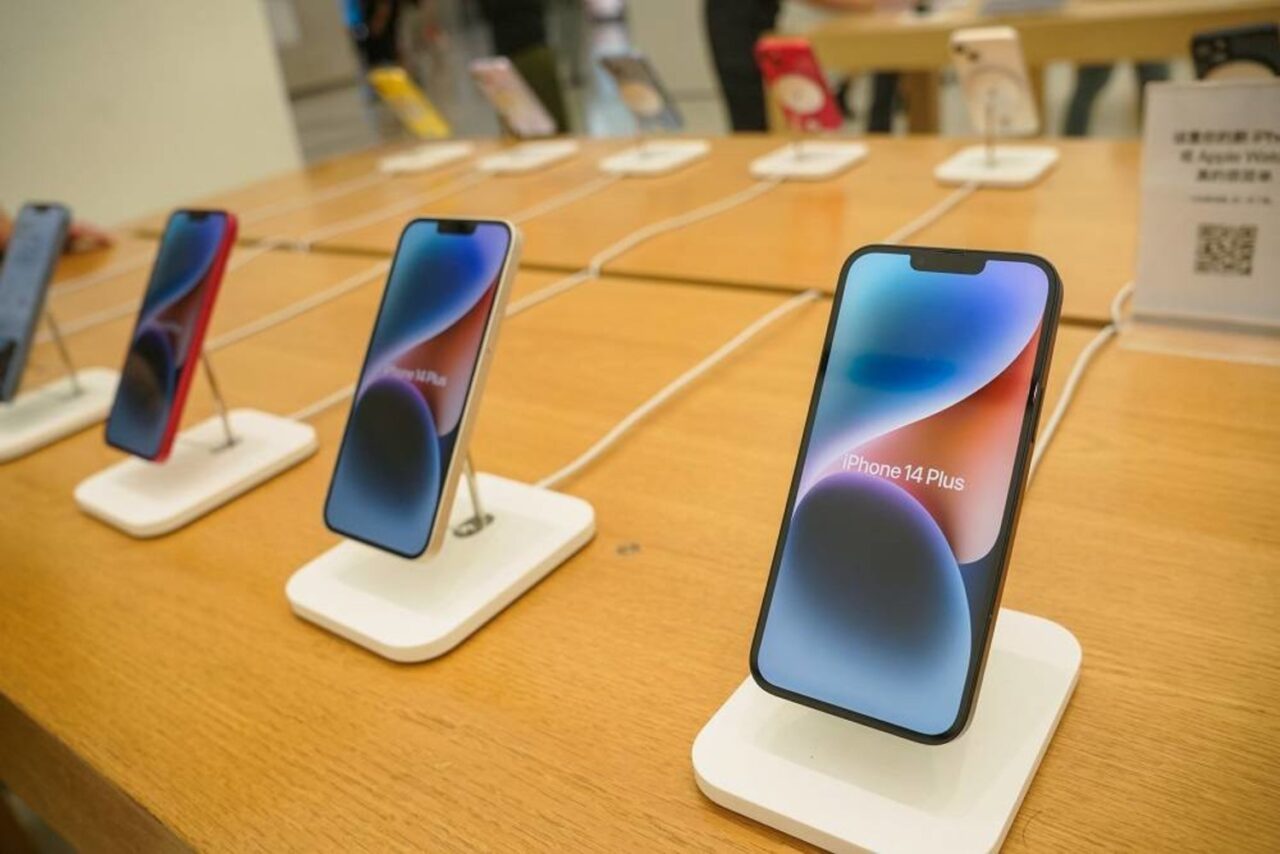
As the European Union’s stringent regulations come into effect on March 7, tech giant Apple finds itself at a crossroads, leading to significant modifications in its iPhone offerings. This move has sparked concerns among various agencies about the potential implications on the market, user experience, and the broader digital ecosystem.
Key Highlights:
- Apple to open iPhones to third-party app stores in compliance with new EU regulations, but iPads are excluded from this change.
- USB-C charging ports to become mandatory for iPhones by 2024 as part of the EU’s push for a common charging standard.
- The new EU regulations aim to enhance consumer convenience and reduce electronic waste, but they also present challenges for manufacturers.

Understanding the EU’s Regulatory Landscape
The European Union’s Digital Markets Act (DMA) and other regulatory measures are set to reshape the tech landscape. One of the most notable changes is the requirement for Apple to allow sideloading of apps on iPhones, a significant departure from its longstanding App Store exclusivity. This move is aimed at opening up the market and fostering competition. However, it’s important to note that this allowance for third-party app stores will not extend to iPads, a decision that leverages a technicality in the wording of the law differentiating iOS from iPadOS.
The Shift to USB-C
Another major adjustment for Apple, in line with the EU’s regulations, is the transition from its proprietary Lightning connector to the more universally adopted USB-C port for iPhones. This change, mandated to be in place by 2024, is part of the EU’s broader initiative to unify charging standards across devices, aiming to reduce waste and simplify the user experience. The introduction of USB-C iPhones represents a substantial shift for Apple, which has historically prioritized its own standards and connectors.
The Impact and Implications
These regulatory changes are expected to have far-reaching effects, not just for Apple but for the entire tech industry. For consumers, the shift promises greater convenience and potentially lower costs associated with device charging and app purchases. However, for Apple, these adjustments might necessitate significant alterations to its business model, particularly in how it controls app distribution and monetizes its ecosystem.
The allowance for third-party app stores on iPhones, while a win for consumer choice, raises questions about security, privacy, and the quality of the app ecosystem. Apple has long defended its App Store exclusivity as a measure to ensure security and quality for its users. The move to USB-C, meanwhile, reflects a growing industry consensus around standardization, even as it forces Apple to abandon a proprietary technology that has been a significant part of its product identity.
Conclusion
The impending EU regulations represent a pivotal moment for Apple and the tech industry at large. By forcing open the doors to third-party app stores on iPhones and standardizing charging ports, the EU is pushing for a more open, competitive, and consumer-friendly digital marketplace. While these changes are poised to benefit consumers by offering more choice and convenience, they also pose challenges for Apple as it navigates compliance without compromising on security and user experience. As these regulations take effect, the industry will be watching closely to see how they reshape the dynamics of digital markets and technology innovation.






















